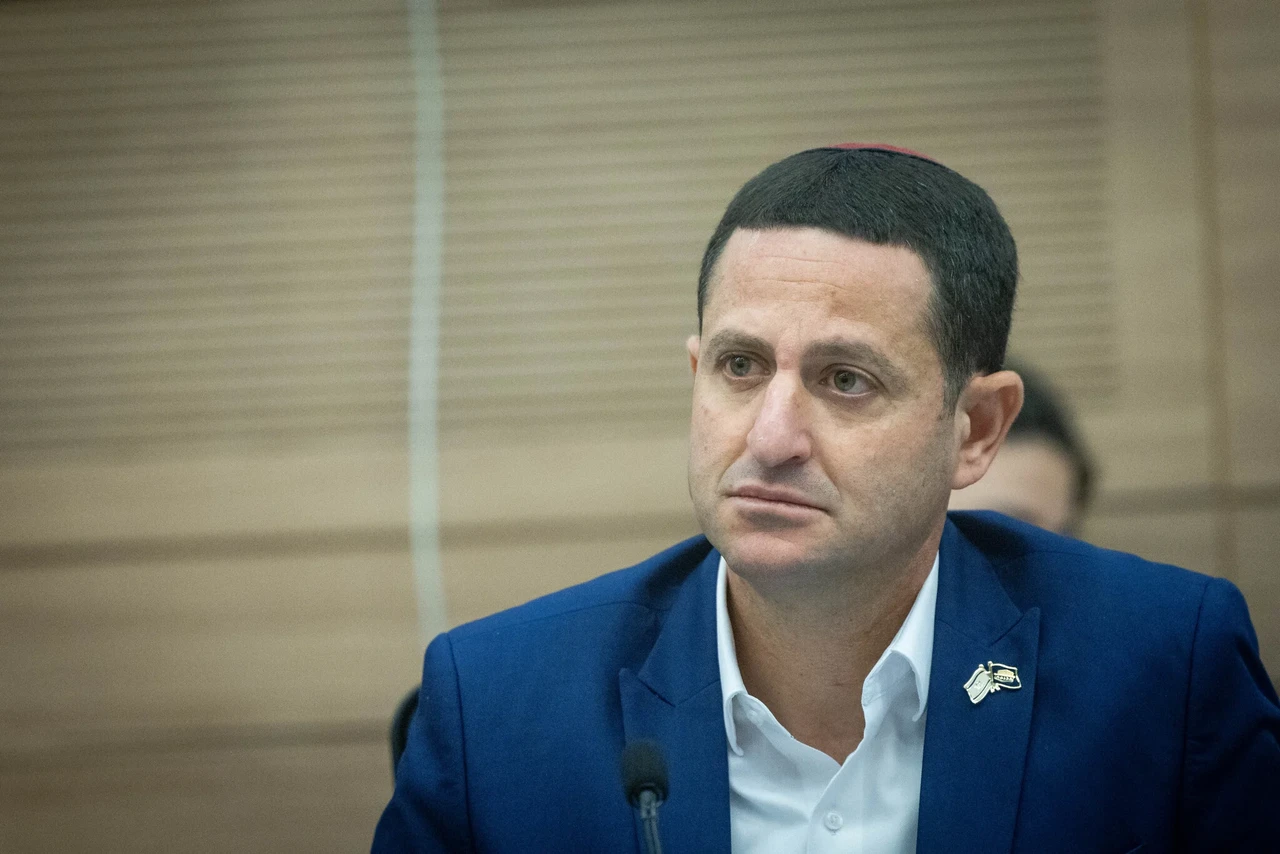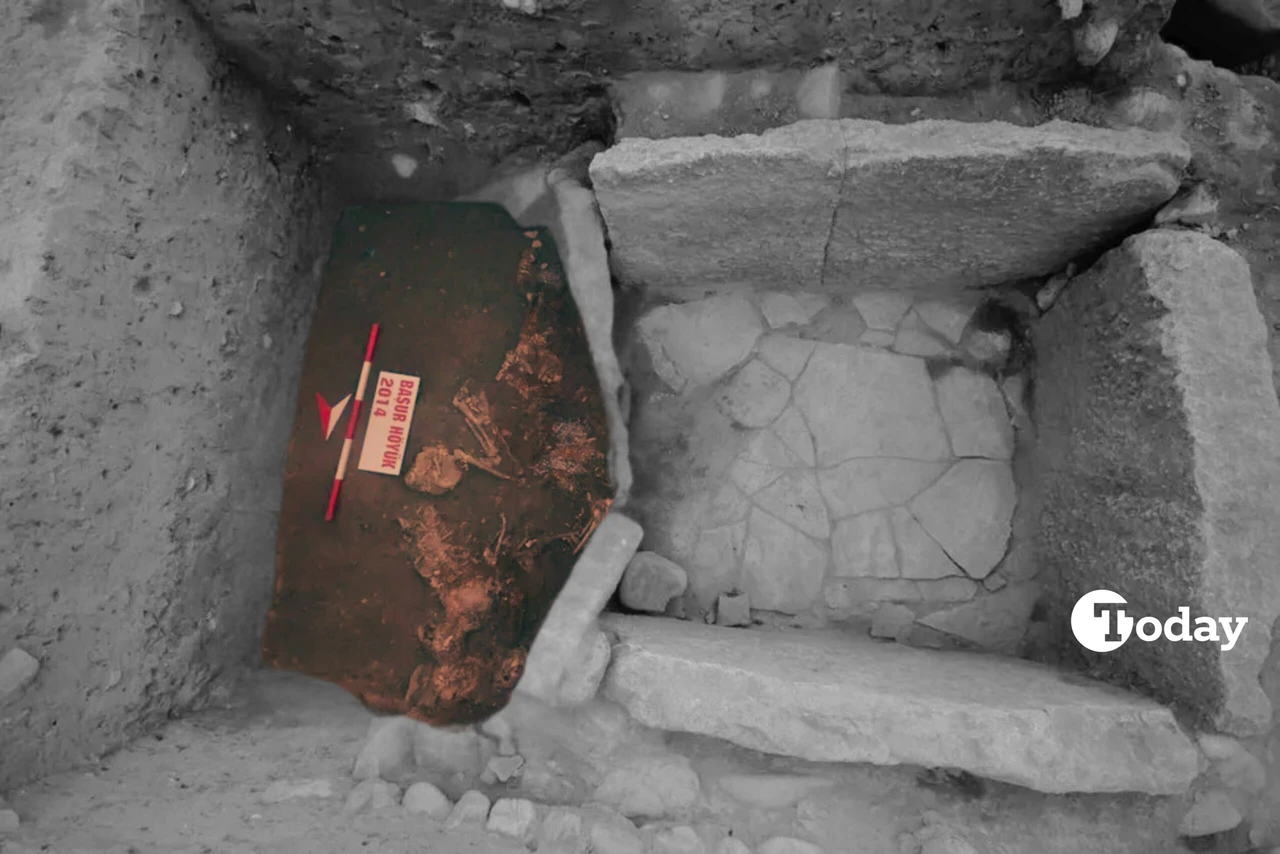Syria after Assad: Uncertainty amid transition
 A portrait of Syrian President Bashar al-Assad pictured with its frame broken, on outskirts of central city of Hama, Syria, Dec. 7, 2024. (AFP Photo)
A portrait of Syrian President Bashar al-Assad pictured with its frame broken, on outskirts of central city of Hama, Syria, Dec. 7, 2024. (AFP Photo)
The lightning-fast overthrow of former dictator Bashar al-Assad has ended 13 years of brutal civil war but left Syrians and global powers uncertain about what comes next.
Details
- Fall of Assad: Assad fled Damascus for Moscow on Sunday, ending over 50 years of authoritarian rule by his family.
- Transition plan: Prime Minister Mohammed Jalali agreed to transfer power to the anti-regime Syrian Salvation Government, reportedly headed by Mohamed al-Bashir.
- Leadership dynamics: Abu Mohammed al-Jolani, a key figure in the anti-regime alliance, pledged to rebuild Syria but faces skepticism due to his ties to Hayat Tahrir al-Sham (HTS), a former al-Qaeda affiliate.
- Global reactions:
- The U.S. and Qatar have initiated informal contacts with anti-regime groups.
- Oil prices rose over 1% amid fears of broader regional instability.


What’s next
- Justice and accountability: The anti-regime leadership plans to prosecute officials involved in war crimes and release the names of key perpetrators.
- Return to order: Syrian banks and oil facilities are set to resume operations, signaling a cautious step toward stability.
- Regional tensions: Israel’s seizure of a southern buffer zone has been condemned by Egypt, Saudi Arabia, and Qatar.
Bigger picture
Syria faces monumental challenges in transitioning to civilian governance, rebuilding its economy, and addressing the humanitarian aftermath of its prolonged civil war.



